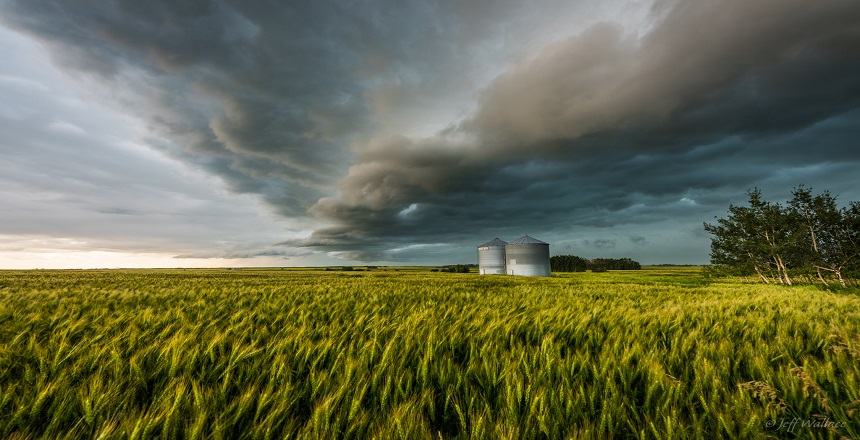I recently watched one of the Hot Docs docs, The Silence of Others. Like most classical documentaries, it’s about justice, directly or indirectly. It’s set in Spain, where aging victims of the fascist era — from the end of civil war in 1939 till the death of the dictator, Franco, in 1975 — still fight for a reckoning.
Some simply want disinterment of their parents from anonymous mass graves, so they can be reburied “together” with family. It’s painstaking. They spend years in court, get authority to dig up the scattered bones, sift them like archeologists, then await DNA identification. For what? To be buried again? A dead man’s 88-year-old daughter sighs with relief when her efforts succeed: “Poor thing. He spent his whole life underground.”
Another was tortured as a student in the 1960s by Billy el niño, Billy the kid, now retired in Madrid and whose extradition to Argentina for crimes against humanity, has been rejected. He’s disappointed but feels better when Madrid city council renames the street he lives on, named for a Franco general, the “butcher of Badajoz,” who had 4,000 people murdered in a bull ring. He’ll no longer have to wake up each morning on Calle del General Yaguë.
Are these sheer romantic, idealistic, impractical and in this case, quixotic, responses? I don’t think so. You could measure their results in quantifiable, physiological terms: lessened stress, rate of breathing, perhaps extended longevity, better relationships. Quixotic and practical don’t exclude each other.
I think this is how people often make political decisions, from choosing to sacrifice your life for a cause to casting a vote in a provincial election: in a chaotic blender of emotion, calculation, ideology etc. There’s been a recent turn in the social sciences to “factor in” elements of feeling alongside rational self-interest in areas like economics.
But only academics, pundits and Cambridge Analytica make these distinctions neatly. If you ask people why they vote as they do, they often say they don’t know. Like a U.K. voter who told the Financial Times that Jeremy Corbyn’s stubbornness in the face of political prudence is “almost like he can’t help himself, which I kind of like about him.”
I prefer this model — the chaotic blender — for why voters stick with Trump or are ready to go with Doug Ford, over straightforward explanations such as racism, misogyny, stupidity, privilege etc. In many cases, I don’t think it’s just a matter of raw emotion or ugly motives taking over. The blender is always switched on. (Nor is Trump the only president who lies constantly, despite the daily lists: presidents normally lie but those lies were treated deferentially until now.)
What has changed isn’t the basis for voting but the suite of options viewed as acceptable. That used to mean the main parties and candidates acting within traditional norms. That model ran aground after the crash of 2008, when the parties and leaders capitulated to big money and shamefully sold out ordinary people. As a result, they lost their automatic precedence. New actors and modes of conduct came into play, like Trump and Ford.
What I like about the blender model is it still leaves room for change and for wide swings between options, versus being stuck in a static politics of us versus them. The proof of this is the success of Bernie Sanders and Corbyn; in fact the same voters seem to gravitate to both (socalled) extremes.
Canada’s not quite there yet, even with Doug Ford. Look how quickly he reversed himself on building in the Greenbelt, like any pol. Trump might’ve backtracked but he’d never have admitted it, as Ford did because, “I govern through the people, not through the government.” (And he’s running to be the government? I used to think of Doug as Rob’s brain. Got that wrong, clearly.)
In Joyce Wayne’s new novel, Last Night of the World, she says, quoting Masha Gessen, that resistance means making a choice even when the options are unacceptable. Her novel is about another leftist generation, Canadian Jews in the last century, caught between Stalinism and a vile capitalism. Her point is: bad choices are still choices, but not choosing at all means freedom’s demise.
This article originally appeared in The Toronto Star.
Image: Jeff Wallace/Flickr
Like this article? rabble is reader-supported journalism. Chip in to keep stories like these coming.




